Secure your practice’s future with an Employee Ownership Trust
Originally published in OVMA Focus Magazine September/October 2024
BY WILLIAM HILLOCK
Thinking back, university seemed like an endless parade of group work. Some group projects were more enjoyable than others, specifically the ones where students could choose their own group. Having the right people involved and knowing what each of us brought to the table made the project more enjoyable and often resulted in better grades.
Employee Ownership Trusts (EOT) could be thought of as a modern-day group project. An EOT is a specialized form of employee ownership, where a trust holds the shares of a company on behalf of its employees, ensuring they collectively benefit from the business’ success. An EOT provides veterinarians with a strategic option for succession planning that fosters a unified approach to practice ownership. In 2023, the federal government introduced new EOT rules, and, be aware, there are a few additional considerations for veterinarians to satisfy the regulations set out by the College of Veterinarians of Ontario.
For veterinarians contemplating retirement or transitioning ownership, an EOT offers a structured mechanism that differs from a traditional sale to an external buyer. Instead of selling to outsiders, practice owners can sell their shares to the trust, which is then held collectively for the benefit of all employees to share in the profits of the practice. This model not only facilitates a tax-efficient sale and smooth transition of ownership to the right people, but it also preserves the practice’s culture, values and commitment to high-quality pet care.
At a high level, implementing an EOT involves establishing a trust to acquire the shares of the qualifying business. A trust isn’t a legal entity, although it’s treated as such for Canadian tax purposes. A “trust” is simply the word used to describe the relationship created when property is transferred by one person (the “settlor”) to another (the “trustee”) to hold for the benefit of specified persons or a class of persons (the “beneficiaries”). The share purchase can be funded through a combination of internal financing mechanisms, bank loans or future profits.
As the trust acquires ownership, each team member becomes a beneficiary of that trust, aligning everyone’s interests toward the long-term success of the practice. This inclusive ownership structure not only empowers employees, but it also strengthens their dedication and engagement, fostering a culture of shared responsibility and pride in the practice’s achievements.
From a financial standpoint, an EOT can offer significant benefits to both the practice and its employees. The structure can provide tax advantages such as:
• The first $10 million in capital gains realized by the vendor would be tax-exempt for the 2024 to 2026 tax years.
• Ten years (instead of five) to claim the capital gains reserve and defer the tax resulting from a qualifying sale.
• Qualifying business can lend funds to an EOT to purchase shares with a repayment period of up to 15 years (instead of one year).
• Exemptions from the deemed interest on shareholder loans and 21-year deemed trust disposition rules.
An EOT also helps to ensure stability and continuity in operations. This financial security enables practices to reinvest in facilities, equipment and professional development, ultimately enhancing service delivery and client satisfaction.
Employee Ownership Trusts represent a forward-thinking approach to practice management and succession planning for veterinarians. An EOT not only secures the future of the practice, but it also promotes a collaborative work environment where every team member contributes to the practice’s growth and prosperity. By sharing ownership, veterinarians, technicians and support staff are incentivized to work together toward common goals, such as improving pet outcomes and expanding community outreach.
This model upholds a practice’s core values and standards of care, and it ensures that veterinary professionals can continue to serve their communities with dedication and passion, embodying the ethos of “we’re all in this together” in every aspect of practice ownership and management.
William Hillock, MAcc, CPA, CA, is director of tax compliance at VetCPA.
Reprinted from the Ontario Veterinary Medical Association’s Focus magazine www.ovma.org
